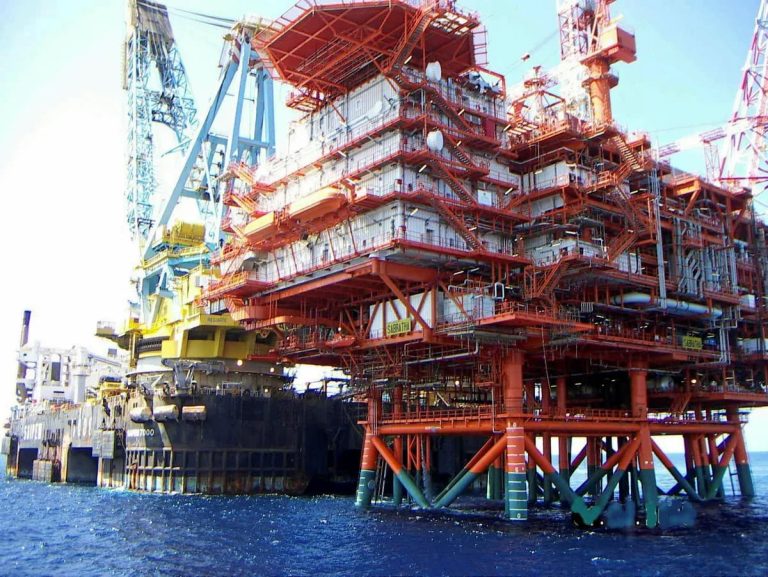Al-Feel oil field, pursuing to level-up its operational frameworks, practises and protocols, engaged Qabas for the full implementation of ISO 14001 and ISO 45001 standards without disrupting oil production. Qabas adopted a detailed approach, including gap analysis, customised action plans, targeted training, and ongoing monitoring.
The Situation
Al-Feel Oilfield needed to elevate its operational standards to meet international best practices. Despite a strong operational history, the field required immediate attention in several critical areas to ensure long-term sustainability and safety:
- Environmental Impact
- Workplace Safety
- Regulatory Compliance
- Operational Efficiency
- International Best Practices
Qabas was responsible for developing and implementing advanced management systems aligned with ISO 14001 and ISO 45001 standards, ensuring sustainable and safe operations at Al-Feel Oilfield. This strategic move was vital for maintaining the field’s operational integrity and securing its position as a leader in the oil and gas industry.
Our Approach
- Needs Assessment: Conducted a thorough gap analysis to identify shortcomings in environmental management and occupational health and safety practices, addressing operational challenges and aligning with international standards.
- Development of Management Systems: Created tailored EMS for waste management, emissions control, and pollution prevention, and established OHSMS focusing on risk assessments, emergency preparedness, and injury prevention protocols.
- Employee Training and Engagement: Rolled out extensive training programs to ensure all employees understood the new environmental and safety standards, including workshops and seminars to promote a culture of safety and environmental responsibility.
- Process Standardisation and Optimisation: Standardised operational procedures to incorporate environmental and safety considerations into daily activities, introducing new protocols and revising existing ones to enhance compliance and effectiveness.
- Establishment of Performance Metrics: Set KPIs to monitor the EMS and OHSMS effectiveness, conducting regular audits and reviews to ensure compliance and identify areas for improvement.
- Continuous Improvement Mechanisms: Implemented processes for continuous improvement, allowing adjustments based on evolving challenges and feedback from audits and employees.
- Stakeholder Communication and Engagement: Maintained clear communication with all stakeholders, including employees, regulatory bodies, and the local community, ensuring alignment with sustainability and safety goals.
Results
Implementing ISO 14001 and ISO 45001 standards at Al-Feel Oilfield led to significant improvements in environmental management and workplace safety. The enhanced environmental management system reduced the field’s environmental footprint, highlighting the site’s commitment to sustainability. Improved safety protocols and comprehensive training programs resulted in a substantial decrease in workplace incidents and injuries, creating a safer work environment.
This initiative optimised operational performance and bolstered our client’s reputation as a responsible operator, positioning Al-Feel Oilfield as a benchmark for environmental and safety standards in North Africa’s oil industry.




